Missions that Complete the Eternal Covenant (Isaiah 55:1-9) 3/23/25
Missions that Complete the Eternal Covenant (Isaiah 55:1-9) 3/23/25
The books of the prophets contain both God’s rebuke and His comfort and hope for the Israelites, who lost everything and were taken into captivity. Among them, the Book of Isaiah contains the most extensive and profound promises about how God will send His Son as the Christ to save, heal, comfort, and restore all blessings in human life (the Gospel of the Old Testament).
God declared that this promise would become an “eternal covenant” (verse 3). The foundation of this covenant is grace (the covenant of grace). As we live in this world, we encounter many problems, sufferings, and failures. We must resolve everything within this eternal covenant. The beginning of this eternal covenant is the Gospel (God’s answer), and the conclusion of this covenant is missions (God-given purpose for life). No matter what problems, suffering, or despair may come, we must hold onto these two truths (God’s answer and God’s conclusion).
In verses 1-2, God says, “Come, all you who are thirsty, come to the waters.” Here, “those who are thirsty” represent people who suffer continuously due to life’s problems. “Water” refers to the answer that God gives, which is Christ (John 3:5, 4:14; 1 Corinthians 10:4).
The passage describes three types of foolish people. First, those who are dying of thirst but do not come to the water. This represents unbelievers who refuse to accept Christ despite their desperate need. Why will unbelievers face judgment? Because they reject Christ, who has already provided atonement for sins (Hebrews 9:12). They probably have their reasons. Second, those who think they have to buy the water with money. They fail to understand that grace is a free gift (Ephesians 2:8) and, therefore, do not recognize its value. Third, those who pour their entire lives into vain pursuits that are neither water nor sustenance. They waste their lives chasing meaningless things and die without ever finding the answer. What follows after such a life? (Hebrews 9:27).
Verses 3-4 reveal another eternal covenant that God gives to those saved by Christ.
God uses David as a model. “I have made him a witness to the peoples, a leader and commander of the peoples.” Just as God used David in this way, He intends to use us in the same manner. This is the covenant of missions.
1. This is the conclusion of all the grace, answer, and blessings we have received and will continue to receive.
1) Three blessings (verse 4).
① What does it mean to be made witnesses to all nations? God will grant evidence of blessings that all people can see, so that we may save all nations. This is the capacity of our blessings and vision that all believers and remnants must embrace. Even when taken as captives, God will bless them this way.
② He will make us leaders of all peoples. Leaders are those who know the way, guide the way, and lead the way. This is possible because we know the way. Christ has become the way for our salvation (John 14:6), and our eternal way. Those in Christ see the way. They can discern God’s future even in the midst of problems (spirituality and spiritual eyes).
③ He will make us commanders of all nations. Commanders are used to fight against the enemy. Who is leading unbelievers into fate, suffering, failure, and curses? What is evangelism and missions? It is delivering people from this fate and breaking the power of idols and darkness. God will use us as people who have this strength. Those who possess this power should rise as leaders and summits to bring blessings to the world.
2) This was the original blessing given to Adam and Eve. Humanity lost this blessing in Genesis 3. As a result, all people fell under the power of sin and death (Romans 5:12). However, Christ came to restore this blessing (Romans 4:19). As the true Priest, He set us free, as the true King, He destroyed the devil’s works, and as the true Prophet, He became the way to God and remains with us.
3) God will raise us as witnesses of these three blessings (1 Peter 2:9).
“Surely you will summon nations you know not, and nations that do not know you will come running to you” (verse 6).
① God called Abraham, who lived in an idolatrous family, and promised and fulfilled this blessing (Genesis 12:3).
For that God sent him to Canaan, and this is why He said, “You will be blessed when you come in and blessed when you go out. You will be the head and not the tail.”
② Because Israel lost hold of the reason to enjoy this blessing, they ended up being used as captives, slaves, colonies, and wandering people. May we all enjoy this blessing daily and receive it without going through suffering and failure (Galatians 3:14, 29).
2. This is the conclusion of all the problems, pains, and failures that we face.
1) God gave this same answer to Moses, who had become a murderer and a failure. “I have heard the cry of my people.” (Exodus 3:8-12) Why did God appear at that moment? It was the moment Moses understood God’s pain through his own suffering. And then, God sent him back to Egypt.
2) Peter denied Jesus three times, but Jesus’ conclusion for him was this.
“When you have turned back, strengthen your brothers” (Luke 22:32). “Feed My lambs” (John 21:15-17).
3) David, in his loneliest and most desperate moment, confessed.
“I will praise You among the nations, O Lord.” (Psalm 57:9-11)
How is this possible? By meeting God deeply.
① That is why it says, “Seek the Lord while He may be found; call on Him while He is near” (6). Our pain and despair can be the time when we meet God most deeply. God does not give up.
② Even those who have done evil and injustice are told to return to God (7). He will have compassion and forgive abundantly. Those who experience this grace live differently. Paul called himself “the worst of sinners” (1 Timothy 1:13). He confessed that everything in his life was by God’s grace (1 Corinthians 15:10).
3. This is also the eternal conclusion that God desires.
Even though Israel was taken into captivity, God used them as a lasting sign and memorial (13).
1) Evangelism and missions are about restoring saving the unbelievers, failures, and those in suffering to restore the lost glory and image of God. This is the conclusion of missions. When this mission is fulfilled, the end of the world will come, and Christ will return (Matthew 24:14).
2) Then, a new heaven and a new earth will begin. This is the ultimate conclusion of Isaiah (Isaiah 66:22). “Your descendants and your name will endure forever.” This will be the greatest reward we enjoy in heaven. The souls we saved and healed and discipled will become our eternal reward and crown (Daniel 12:3).
Conclusion- Missions are not simply about helping or giving to others. Missions are about restoring God’s lost glory through those who are saved through us. It is the eternal renewal of all life and creation that were lost in suffering. May our individual lives, families, and our church be used for true missions that complete these eternal blessings.
3.23.25 Missions that Complete the Eternal Covenant

